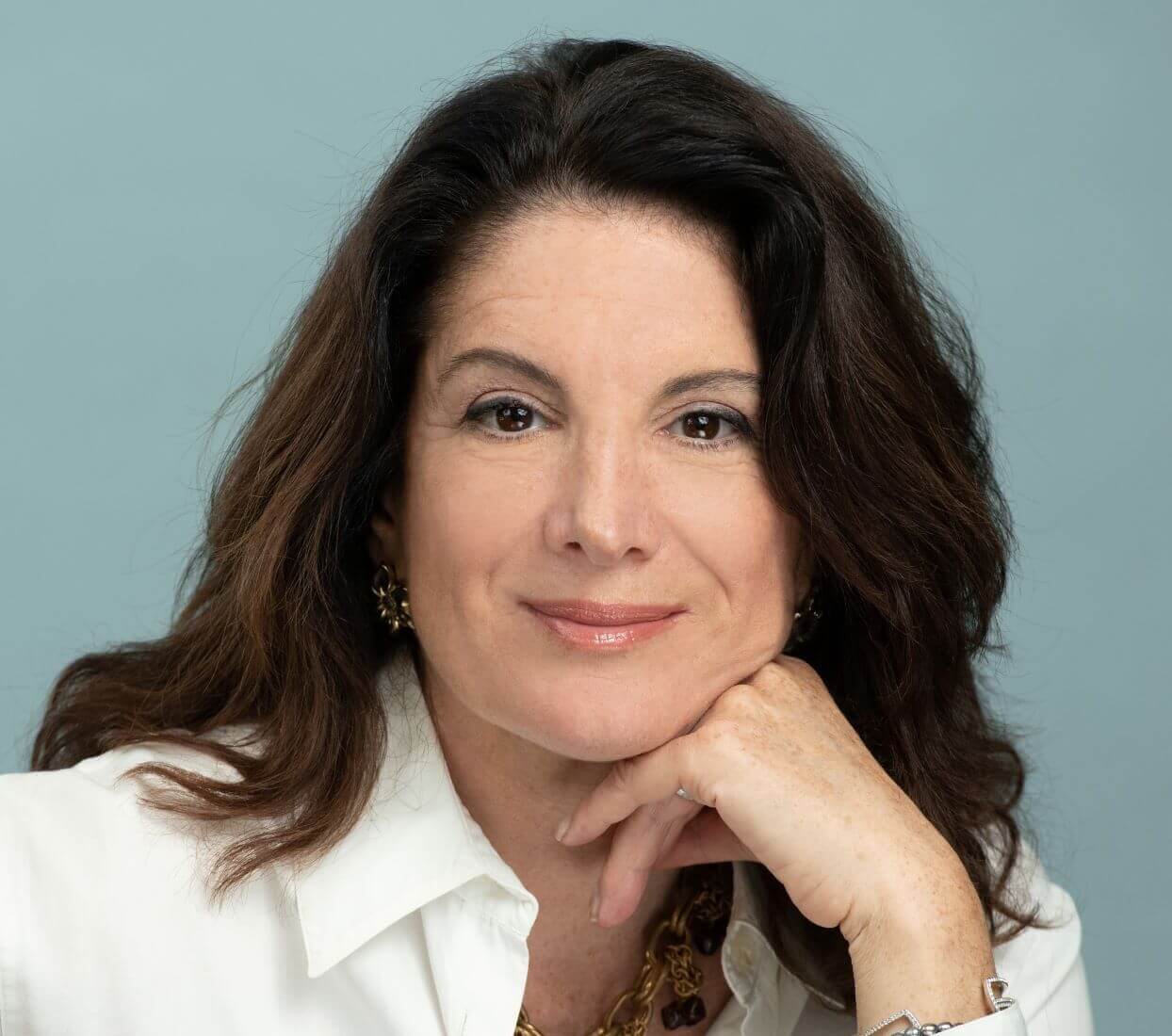Much is written and discussed about the importance of having legal documents in place – wills, estate plans, health care and powers of attorney. However, a beneficial way to transmit your values, legacy and goals is through an ethical will. This written or dictated record can be used to share your personal stories, blessings, life lessons and hopes for the future with your family, friends and community. Ethical wills give individuals a chance to preserve essential parts of their lineage and history and bond generations together through shared values and purpose.
Rose Community Foundation recently partnered with award-winning author and storytelling coach Nancy Sharp to conduct a four-part workshop on sharing your legacy via an ethical will. Nancy’s own life experience made her personally passionate about ethical wills, and as a keynote speaker and trainer, she provides guidance for individuals and families on where to start the process. Nancy sat down with Judy Altenberg, Rose Community Foundation’s director of donor funds and legacy giving, to discuss ethical wills, philanthropy and more.
J: To start, could you explain what an ethical will is and how it is different from a traditional will?
N: The two are very different. A traditional will is a legally binding document intended to detail the assets and tangible items that you want to pass down to your loved ones. An ethical will, by comparison, is a non-binding document meant to convey what you want your loved ones to know — important family history, core values, life lessons and more. The wealth of one’s life extends well beyond one’s financial assets. There is enormous worth in passing along your stories and history to the next generation.
J: What was it that made you passionate about ethical wills?
N: I’m not a wealth advisor — I didn’t come to this work professionally, but because of my own life experience. My first husband Brett died of a brain tumor when our twins were very young. It was an unimaginable collision of life and death at once, and it was through this difficult experience that I began to reflect on my legacy, future and what I wanted for our children. My husband did not have an ethical will so my children, who are now 20, don’t have anything tangible in his words about what he believed, what he valued, or even the funny stories he wanted to share. Had Brett known to write even a simple legacy letter, my twins would have some real semblance of who he was.
J: Many people may want to write an ethical will but aren’t sure how or when to begin. When should people write an ethical will and how should they get started?
N: Oliver Wendell Holmes once said, “most of us go to our graves with our music still inside us, unplayed.” There is no time like the present to say what is in your heart. Life is precious and fragile. I’m living proof of that. But really…the ethical will is not about facing death. It’s about facing life. And doing so in a meaningful, purposeful manner. Why wait to say the things that need to be said?
Start with something as simple as a letter. You can address it to your children, family members, friends or the community at large. Write about any important history that you want to pass along. When you think about values, it can feel daunting to consider all the values that guide your life. I encourage people to select three values and try to organize their life experiences under those buckets and/or around any major events that have shaped their lives in some way.
Often, people are so overwhelmed that they don’t begin the process, but writing an ethical will does not have to be a one-time only exercise. Just like one amends legal documents depending upon life changes and circumstances, you may choose to revisit, rework and add to your ethical will over time. One tip: don’t try to write your entire life story, just give a few highlights. The wisdom you share is an important bridge to connect the generations.
J: Many of the participants in our ethical wills workshop were Rose Community Foundation donor-advised fundholders and members of the Rose Community Legacy Circle. How can people incorporate their philanthropic values into their ethical will?
N: I can’t think of a more opportune avenue to talk about one’s commitment to philanthropy than through an ethical will. What better place is there to explain why you believe in the mission of an organization, and why your family or community’s ongoing support matters to you? What is it about Rose Community Foundation, for example, that you feel passionately about? An ethical will can help you express the “why” behind the gift. Importantly, an ethical will also gives the next generation the chance to pick up the torch. It’s the ideal vehicle to align and share one’s deepest beliefs and values with impactful philanthropic giving.
J: Thank you so much Nancy. How can interested readers learn more?
N: You can learn more about ethical wills and my work at my website.
_____________________________________________________________________________________
There are many ways your giving can help sustain Rose Community Foundation, and other nonprofits you care about, now and into the future. The Foundation stewards charitable legacy gifts, manages the investment and grant administration of donor-advised and nonprofit endowment funds, and helps individuals and families develop a strategy for lifetime and legacy giving. Learn more or contact Judy Altenberg.

